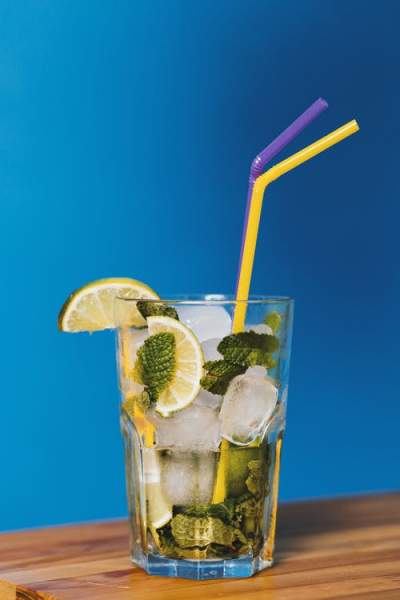As you know, hotter summer weather means we need to be alert to the possibility of heatwaves.
Older people are among those most at risk of heat-related illness. Due to normal age-related changes to the body, older people do not always recognise that they are over-heated. In addition, older people are more likely to have a chronic medical condition and to be taking medication that may interfere with the body's ability to regulate fluid.
Older people living in the community may suffer from heat stress and those who live alone without regular contact from others may be particularly at risk. It is likely that you already have protocols in place to meet these circumstances. However, to assist the comfort of older people receiving home and community care, and for you to meet the requirements of the Home Care Standards, particularly Standard 2 (Appropriate Access and Service Delivery), the following activities need to be undertaken as appropriate:
Some medicines increase the risk of heat-associated illness in susceptible people. These include:
If your client shows signs of heat-associated illness, report these symptoms to the Care Provider to arrange a review of medication with a pharmacist or general practitioner. A medication review should assess the risks and benefits of any changes to a medication regimen.
If you are concerned about a client's wellbeing, his or her medical practitioner should be immediately contacted.
Before a heat wave occurs:
• Assess if your loved ones are at risk - who has limited capacity to keep cool; or if the home is prone to being hot
• Check that the cooling system is adequate and working effectively
During a heat wave:
• Be aware the elderly may be at particular risk following high overnight temperatures
• Keep curtains and blinds closed to reduce excess heat
• Make small amounts of fluids readily available
• Provide alternative forms of fluid, and discourage alcoholic or caffeinated beverages
• Encourage them to eat frequent small meals
• Encourage wearing loose fitting clothing, use sunscreen and keep skin covered when exposed to direct sunlight
• Encourage them to seek shade when outside, and to avoid going out between 11am and 3pm
• Offer additional tepid showers or sponging
• Observe for signs of heat stress, such as nausea, and changes in appearance including red, pale or severely dry skin; and
• Request a clinical assessment if your loved one shows any signs of deterioration
